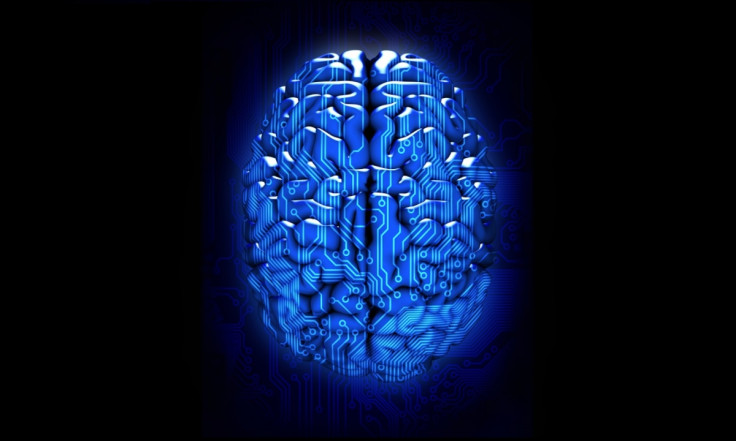Upgrade Your Brain: Liquid Hard Drive Implants Could Increase Intellect

Storing photos, documents and other files in brain-implantable liquid could one day be a reality after researchers discovered a new method of storing data in microscopic particles suspended in a solution.
Scientists at the University of Michigan realised that digital information could be stored on colloidal clusters after observing them switch between two states - such as the 0s and 1s of traditional bits - when placed in a liquid.
A research paper detailing the team's findings, entitled Digital Colloids: Reconfigurable Clusters as High Information Density Elements, was recently published in the journal Soft Matter.
"We wanted to demonstrate that it would be possible to store information in a new way that's different to traditional silicon chips by using nanoparticles," Sharon Glotzer, a chemical engineer at the University of Michigan who led the research, tells IBTimes UK.

Glotzer uses the analogy of a Rubik's cube to describe how the storage works. If you imagine nanoparticles like the colours of the cube, all are attached to a central sphere that could twist and turn in different ways in order to arrange all of them.
"If we could enumerate all of those different patterns - or states - and understand how you can go from one state to another, then it would be possible to encode information," says Glotzer. "The more colours you can have, the more states you can have, and the more states you can have, the more information you can store."
In theory, a spoonful of water containing these nanoparticles could store up to a terabytes worth of data.
Brain implants
This novel type of data storage, referred to by Glotzer as "wet computing", is able to make use of biocompatible nanoparticles that could be used within - and in tandem with - the human body.
One practical application could be simply as a sensor. Nanoparticle clusters could be introduced into the bloodstream to detect, for example, glucose levels in order to assist diabetes sufferers.
Another implementation, which could potentially be realised within a few years, would be as "passive sensors". These could replace use-by-dates on food wrappers by signaling when food is spoiled by changing colour.
"This field of wet computing is so nascent, it's really at the very beginning and so this digital coloid idea is really just the first tiny step in a new direction and a new approach to computing and high density information storage," Glotzer says. "It could make it possible for having different kinds of human computer interfaces or biologically friendly neural implants."
Although Glotzer acknowledges that such ideas are purely speculative for the moment, these neural implants could potentially be used to assist the human brain in accessing additional information or calculating computational tasks without needing to touch a calculator. This would allow individuals to learn and absorb information at unprecedented rates.
"Of course, that would take all the fun out of reading books and working things out yourself," says Glotzer. "But you could learn stuff super fast."
© Copyright IBTimes 2025. All rights reserved.






















